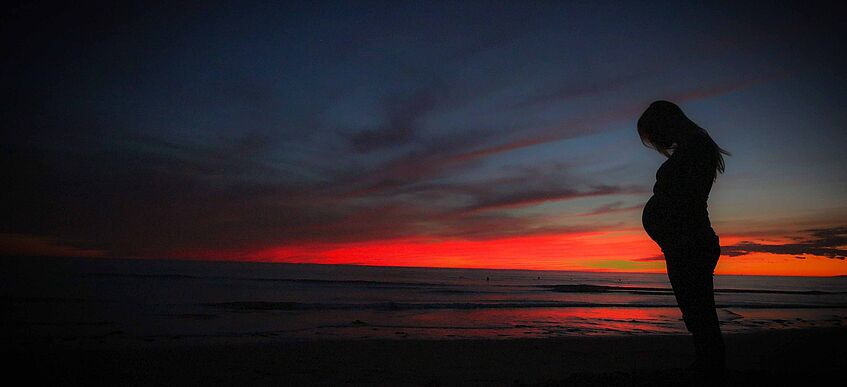Discourses on Pregnancy in Alternative Religious Milieus between 1840 and the Present

Over the past decades, numerous publications on religious attitudes towards death have been published, whereas works in the study of religion on the beginning of life are relatively rare. It can be assumed that a certain androcentrism in the scholarly field is in part responsible for the lack of consideration of this specifically female area of experience. Furthermore, in the context of social science, pregnancy is often regarded a natural process and therefore asocial and ahistorical. Following Marcel Mauss (1872–1950), the biological process of childbirth (and, one may add, of pregnancy) is inseparably connected to psychological, historical, and social processes, which are shaped, interpreted, and socialised in the form of ritualistic bodily practices and narratives. The culturally available knowledge concerning the developing life does not evolve in the framework of just one scientific field, but at the intersection of several ones (biology, medicine, psychology, theology, etc.), and additionally takes on from non-scientific sources.
Statements regarding the conception and prenatal development of a human being in the context of the alternative progressive milieu of the United States from the 1840s to 1860s, German-speaking occultism around the turn of the century, as well as Ariosophy and the global holistic milieu of the present day constitute the subject of this project. Books, periodicals, and digital sources are important institutional pillars of the discourse on pregnancy to be examined, which in turn determines what can be thought and said on this topic. I will attempt to reconstruct what was accepted as knowledge in these areas and could consequentially serve as orientation and guidance for expecting mothers and fathers.
Concerning the alternative progressive milieu, two central areas of the organisation of knowledge could already be identified. Firstly, there is an impactful Victorian ideal of spiritual sexuality that determines the relationship between man and woman. Secondly, the relationship between mother and child is connected to the hope and responsibility for a new era. Especially in these cases, physiological and metaphysical reflections on the process of conception and the development of the unborn child become apparent. Thirdly, pregnancy is linked to the discourse on motherly health, which is contained in the concept of original harmony. Moreover, several areas of tension become visible, e.g., the relationship between women’s rights and eugenics, or processes of pathologisation, normalisation, and sacralisation of pregnancy.
The research project does not presume an unbroken line of tradition of alternative religiosity, but seeks to make different milieus comprehensible in their respective contexts with a focus on said aspect. Lastly, conditions and prerequisites for commonalities and differences will be mapped out through analytical comparison.
